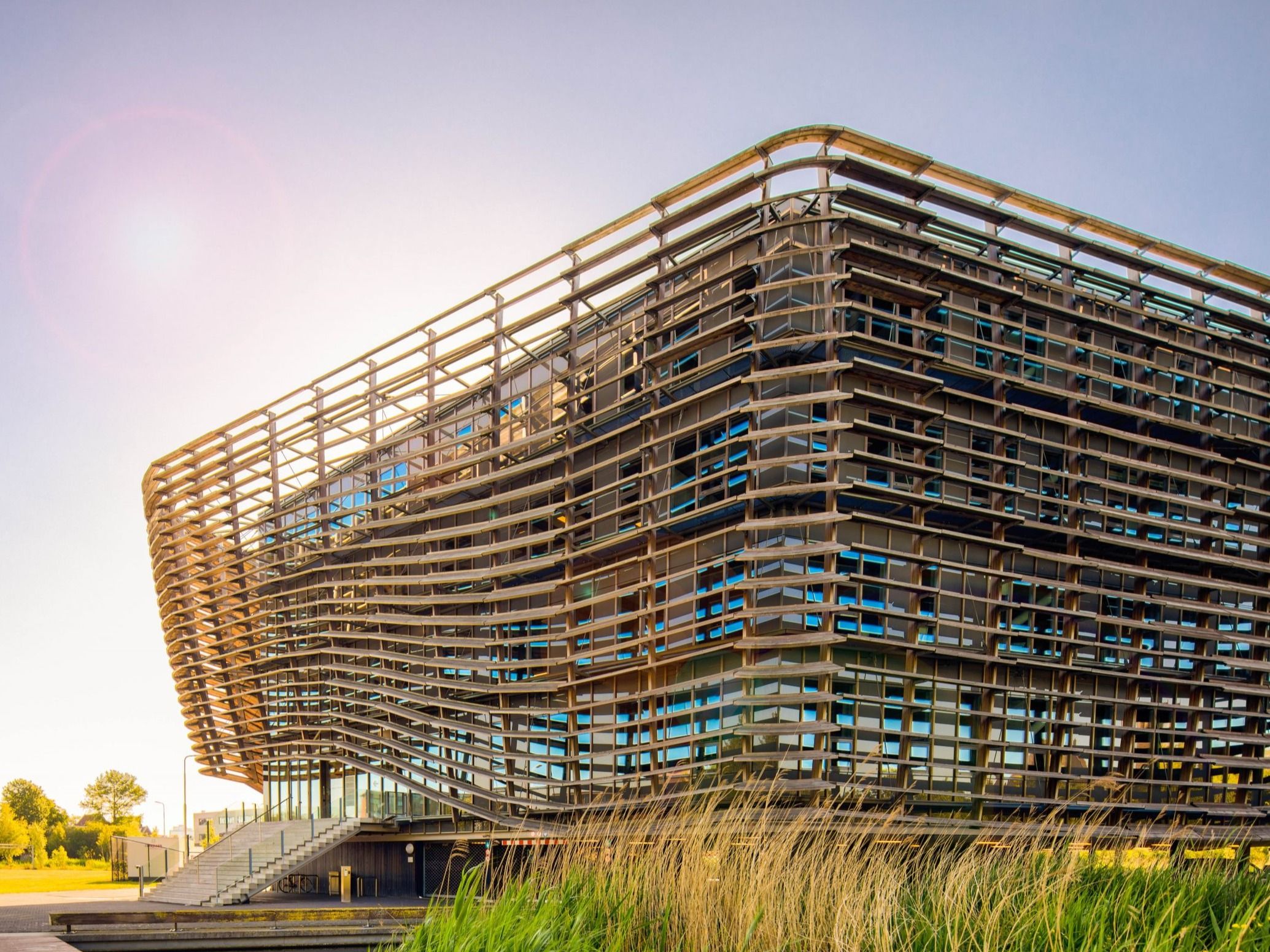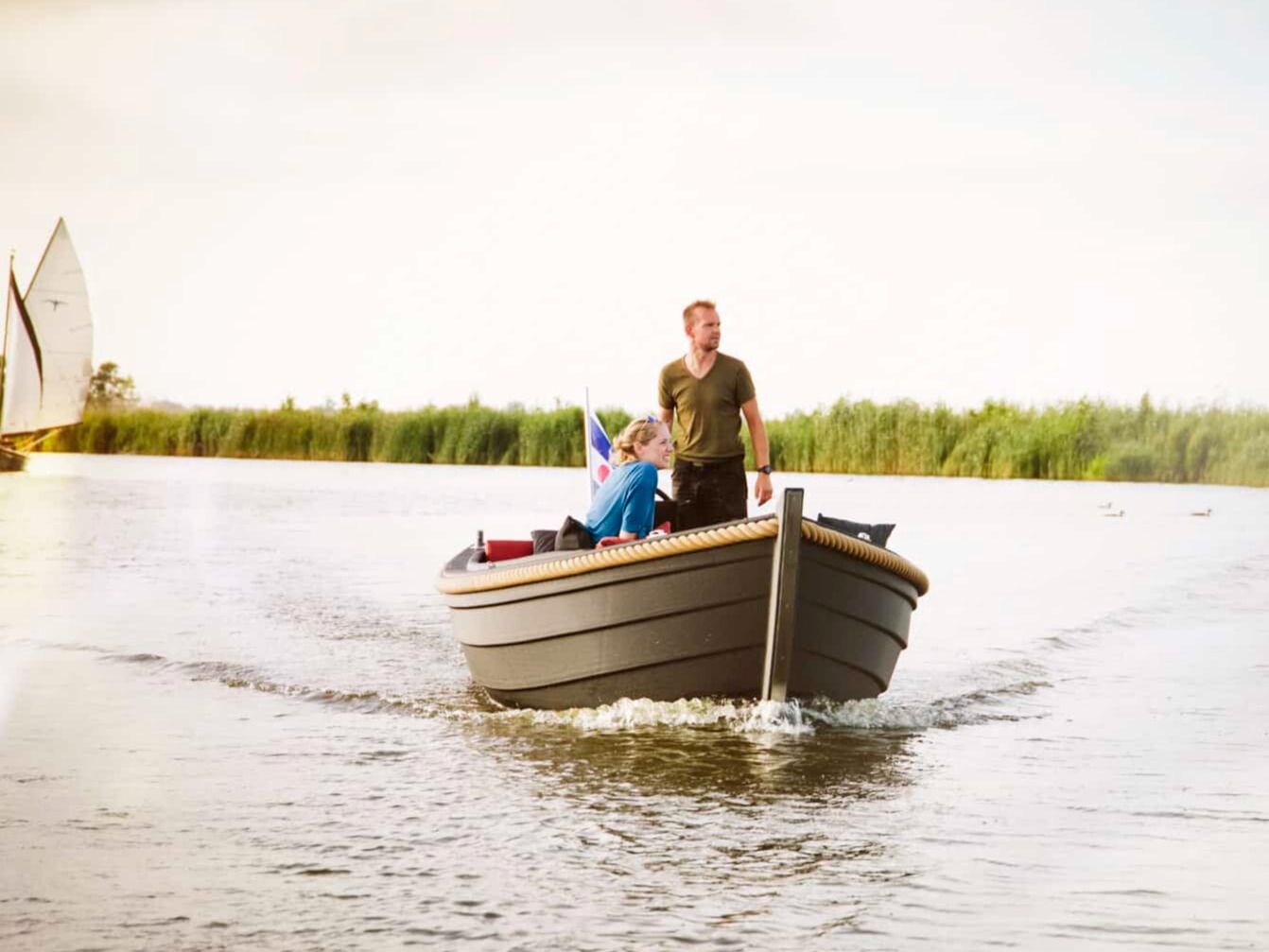Innovation¶
The European Innovation Scoreboard provides a comparative assessment of the research and innovation performance of regions in EU Member States, as well as other European and selected third countries. By evaluating factors such as research intensity, innovation outputs, and collaboration between businesses and research institutions, the Innovation Index offers valuable insights into a region’s capacity to foster innovation. For circular businesses, this index is crucial in determining the region’s ability to support the development and implementation of innovative solutions that drive the transition to a circular economy. It highlights the strengths and challenges of a region’s innovation system, helping to identify areas where targeted actions can enhance support for circular business models.
Friesland scores 108.8 on the European Innovation Scoreboard, slightly above the EU average of 108.5[1]. This positive result indicates that Friesland performs well in research and innovation, with strong research intensity, innovation outputs, and collaboration between businesses and research institutions. The innovative power within Friesland has increased in recent years, positioning the region as a “strong innovator” based on the European Innovation Index (Regional Innovation Scoreboard). Compared to the rest of Europe, Friesland performs above average, but when compared to the rest of the Netherlands, it ranks at the bottom of the national innovation rankings. Despite this, Friesland’s above-average performance within the EU reflects a competitive innovation environment that supports the growth of circular businesses, showcasing its potential to foster innovation and develop circular economy solutions.[1]
In addition, Friesland has seen notable growth in the number of highly skilled tech employees, with growth in recent years matching the national average over the past 10 years. This is a relatively strong performance for a region that is economically more traditional and somewhat peripheral. This development is crucial for driving the transition to a circular economy, as a highly skilled workforce is essential for the development and implementation of innovative circular solutions [2].
In 2023, Friesland contributed 3.1% of the applications awarded under the Dutch RVO innovation programs, which aligns with the region’s share of the total Dutch business population. Over the years, the number of applications from Frisian entrepreneurs has risen, consistently exceeding the national average, especially prior to the pandemic. However, there has been a decline in the share of Frisian applications in 2022 and 2023, possibly due to a lack of complete data. The MIT scheme, a funding program supporting small and medium-sized enterprises (SMEs) in innovation, is widely used in Friesland, with a higher-than-expected number of applications and approvals given the region’s business size. This high level of involvement in innovation is a strong indicator of Friesland’s active role in fostering sustainable business practices, reinforcing its capacity to support the growth of circular economy (CE) initiatives.


WaterCampus: A Global Hub for Circular Water Technology
WaterCampus drives Friesland’s circular water innovation through trust-based collaboration. Rooted in the region’s deep water heritage, it connects businesses, universities, and governments to turn research into real-world solutions. From nutrient recovery at Spoordok to Hydraloop’s decentralized reuse, WaterCampus makes Friesland a global leader in sustainable water technology.
Read moreImproving innovation
Friesland is already home to a wide range of innovative initiatives.

Circular Plastics innovation in the Northern Netherlands

Promoting, supporting and connecting startups and scale-ups from the Northern Netherlands
To further enhance this innovation potential, Friesland can focus on:
- Leveraging existing business-research-government collaborations to scale successful circular technologies.
- Expanding funding and support for SMEs, through programs like MIT, by actively promoting the availability of funding, creating targeted opportunities for circular innovations, fostering partnerships with financial institutions, and supporting local incubators and accelerators.
- Encouraging innovation-driven growth, which will naturally create more job opportunities and a vibrant ecosystem, making Friesland an attractive place for young professionals and helping to retain talent in the region.
European Commission. (2023). Regional Innovation Scoreboard: Country regional profile Netherlands. Retrieved from: European Commission Website
Platform Talent voor Technologie. (2024). Kenmerken van de arbeidsmarkt technologie. Retrieved from: PTvT Website